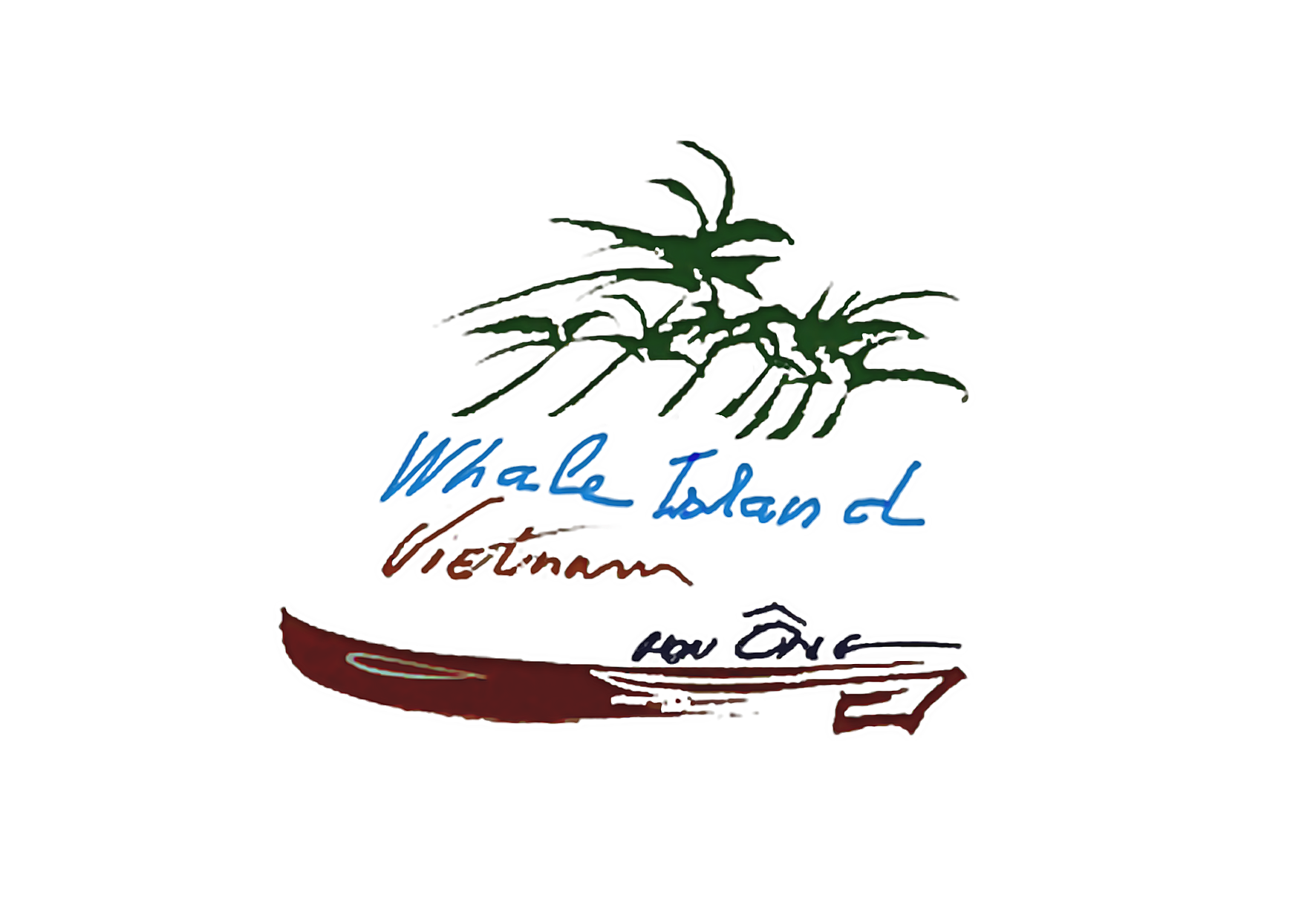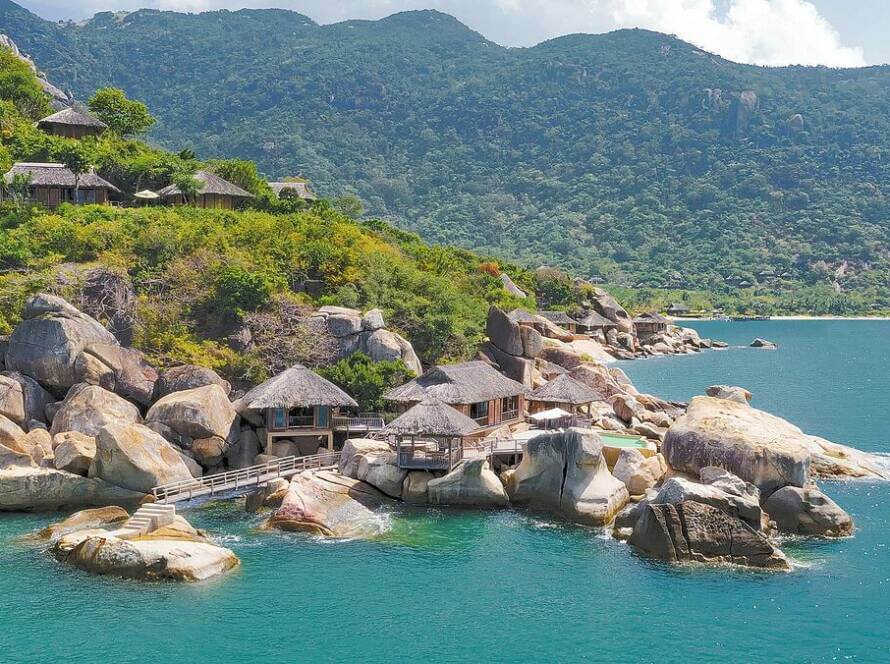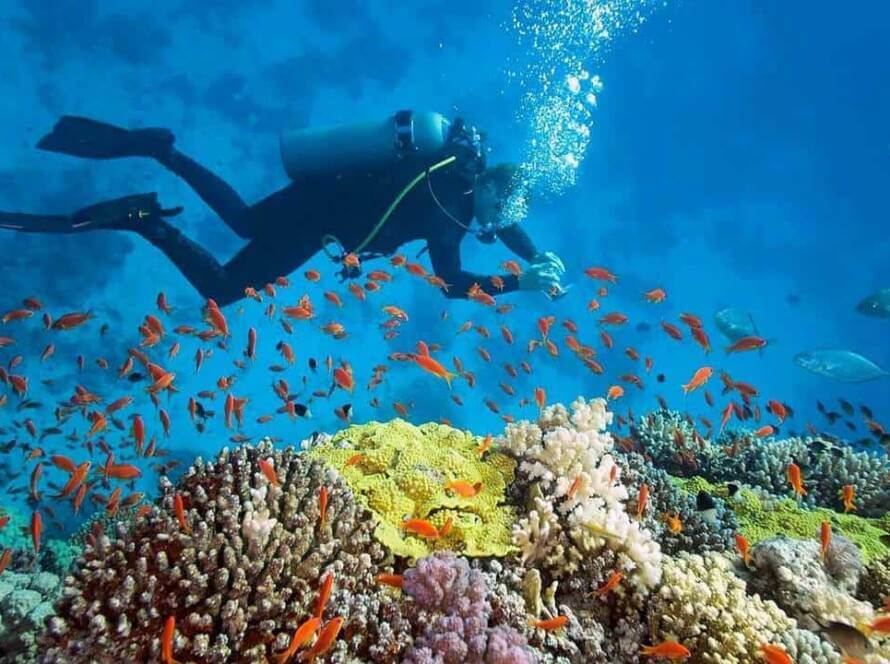Whale Island Resort stands as the sole establishment on Hon Ong Island, situated in Khanh Hoa Province’s Van Phong Bay. In Vietnamese culture, whales are alternatively referred to as Ông fish, as Ông signifies grandfather and conveys immense respect in Vietnamese. The island derives its name partially from the fact that numerous whales migrate here during the breeding season of jellyfish and shrimp, as they come to hunt. If you’re lucky, you may witness the majestic sight of whales gracefully swimming in the crystal-clear waters of the bay. Moreover, for fishermen venturing into the sea, Ông fish holds a revered status as a deity, often providing aid to distressed ships encountered at sea. Throughout the coastal regions of Vietnam, it is customary to worship whales, placing faith in their ability to safeguard humans, helping them navigate treacherous waves, and ensure a safe return to the mainland.
1. The origin of the custom of worshiping Whale
The custom of worshiping whales originated from the Cham people’s belief in whale worship. According to old stories, the whale was considered the embodiment of the god Cha-Aih-Va, known as the god of waves, who often rescued people in distress at sea. When the Vietnamese took control of the Cham people’s land, they gradually adapted the practice of whale worship.
Lễ hội Cầu Ngư (The festival of whale worship) and the custom of worshiping whales among the coastal residents of Central Vietnam is considered one of the main festivals that captivates the community. This is not only due to the fishermen’s belief in the god of rescue and salvation, but also because of the influence of the feudal government during the Nguyen Dynasty. Legend has it that during the former king Nguyen Anh’s escape from persecution by the Tay Son brothers, his boat was once caught in a storm. In this dire situation, Nguyen Anh was saved by a whale, which guided him to safety. When Nguyen Anh later ascended to the throne and took the name Gia Long, he honored the whale by proclaiming it the Nam Hải Cự tộc Ngọc lân Thượng đẳng thần (The Ultimate God of the Southern Sea). The subsequent Nguyen kings followed Gia Long’s imperial edict and held great respect for whales, bestowing upon them the title of “Nam Hai National Great God”.
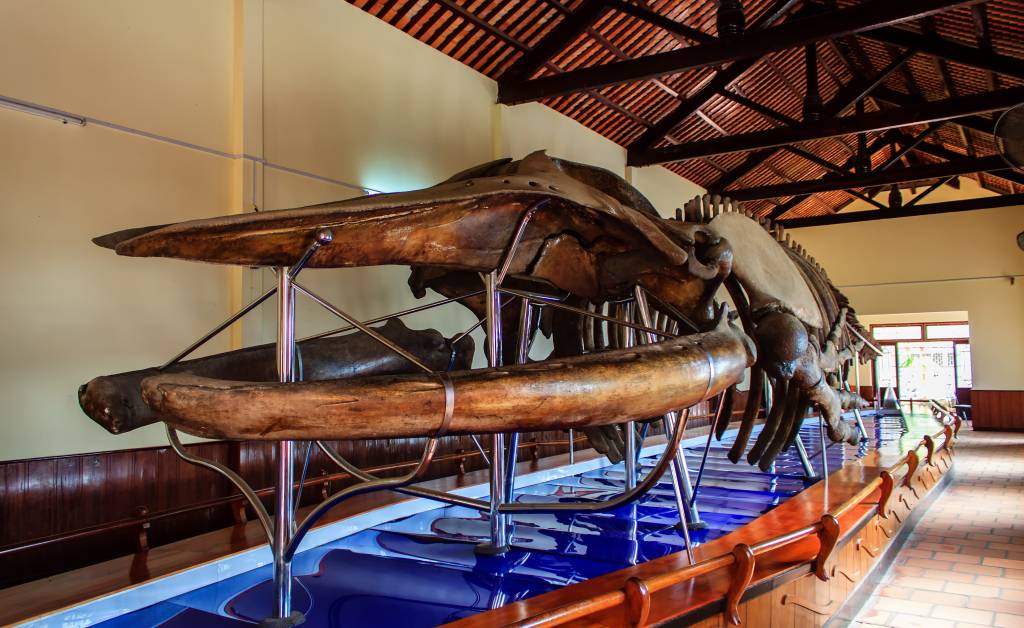
2. The culture of whale worship in Khanh Hoa province
Coastal communities have witnessed numerous real-life accounts where the Ông fish has come to the aid of fishermen in desperate circumstances. These incidents have further solidified people’s belief in this magnificent sea creature, leading to an even greater appreciation and the annual Ông fish festival. While the whale is alive, fishermen respectfully refer to it as Ông Sanh, considering it a benefactor who saves their lives during their ventures at sea. However, when the whale perishes and washes ashore, it is referred to as Ông Lụy. In such instances, the people gather around, bringing the whale to the beach and performing funeral rituals accompanied by mourning, treating the whale as if it were their own kin.
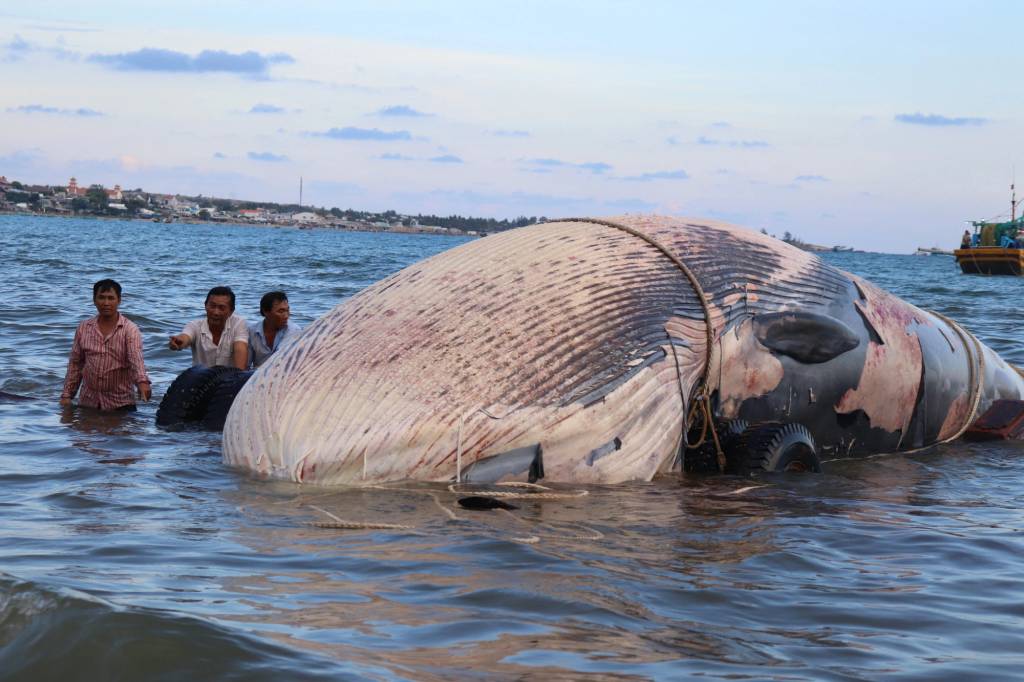
In Khanh Hoa province, there are over 50 worshiping sites dedicated to Ông Nam Hải (another name dedicated to whales that means The Southern Sea God), spread across the coastal districts and cities of Van Ninh, Ninh Hoa, Nha Trang, Cam Lam, and Cam Ranh. Additionally, the annual Cau Ngu festival is organized by the locals during the spring season. The festival typically lasts for two days and one night, although in special years, it can extend to four or five days.
The Cau Ngu festival in Khanh Hoa province consists of two main parts: the ceremony and the festival. The ceremony commences with the Holy Spirit ritual. A group of chosen individuals, in good health, carries the palanquin of Ông Nam Hải onto a dragon boat, which sets sail early in the morning to welcome the spirit of the whale in the sea. This ritual holds great significance in the festival and symbolizes the connection between the worshippers and the divine presence of the whale in the ocean.
The festival proceeds the enthronement ceremony, which involves two processions coming from the North and the South, converging at the Tomb of the Ông fish. Each procession is led by a team of dragon and lion dance, who clear the path and ward off malevolent spirits.
During the enthronement ceremony, various rituals take place, including the submission of reports on the previous year’s results and prayers for peace. Once these rituals are completed, Ong Nam Hai is ceremoniously returned to the sea. To mark this significant event, hundreds of boats adorned with magnificent flags and flowers are prepared and participate in the ceremony, creating a vibrant and colorful spectacle.
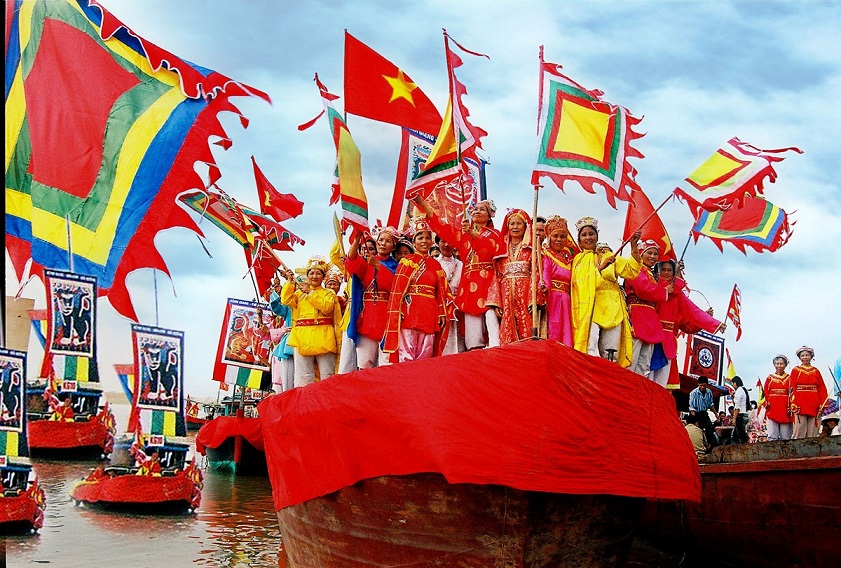
The festival part is a vibrant and lively event, filled with numerous captivating folk games that reflect the coastal traditions and spirit. Activities such as boat racing, swimming, and basket-swinging add excitement and entertainment to the festival. Moreover, cultural activities play a significant role, featuring performances of Tuong singing, chanting, and other traditional displays.
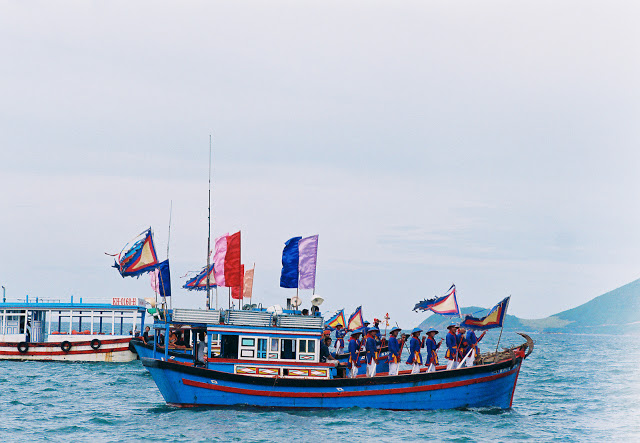
In conclusion, the name “Hon Ong” Island not only signifies it as a destination to witness the wonderful sea creature but also serves as a testament to the reverence of the Vietnamese people towards the divine protector of their marine households. Whale Island Resort, in alignment with this adoration, endeavors to preserve the marine environment and promote biodiversity. By working towards sustainability, we invite you to join us on this journey to protect the natural wonders of the sea and celebrate this beautiful heritage.
